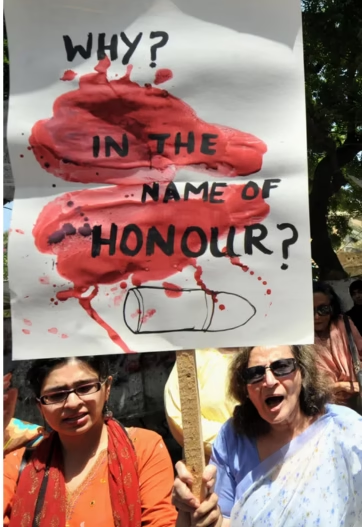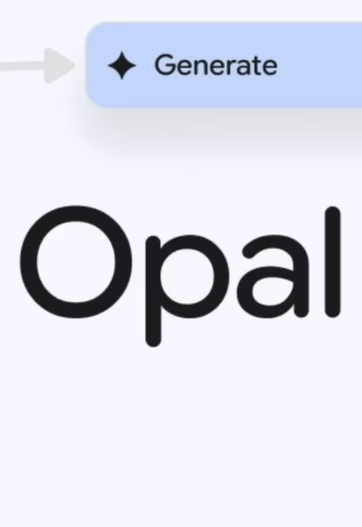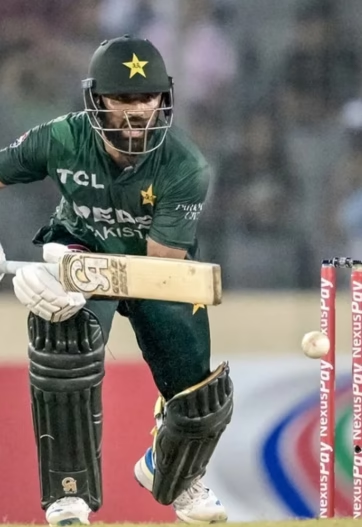Israel-Iran Conflict Escalates: Fourth Day of Deadly Exchanges

Israel-Iran conflict escalates dramatically as both nations engage in their most direct military confrontation in history. Israeli forces have launched devastating airstrikes across Iran, while Tehran responds with ballistic missile attacks on Israeli cities. In addition, this dangerous escalation follows years of proxy warfare and brings the region closer to full-scale war.
Israeli military strikes have targeted critical Iranian infrastructure with remarkable precision. According to defense analysts, these attacks represent a significant shift in Israel’s strategy from covert operations to overt military action. The strikes have reportedly destroyed:
- 35% of Iran’s surface-to-surface missile launchers
- Key nuclear research facilities in Natanz and Fordow
- Command centers of the elite Quds Force
Israel-Iran Conflict Escalates: Iran’s Military Capabilities Severely Degraded by Israeli Attacks
As the Israel-Iran conflict escalates, military experts assess the damage to Tehran’s defense systems. Satellite imagery confirms widespread destruction at multiple military bases, with particular focus on missile storage sites. The Israeli Defense Forces (IDF) claim their operations have:
- Disabled Iran’s air defense networks in northern regions
- Eliminated senior IRGC commanders involved in missile programs
- Disrupted uranium enrichment activities at underground facilities

However, Iranian officials dismiss these claims as exaggeration, vowing to continue their retaliatory strikes. The Revolutionary Guards have deployed their remaining missile stockpiles in what they call “Operation True Promise,” targeting Israeli military installations and civilian areas alike.
https://whatshappening.pk/quran-slavery-approach-islams-gradual-path-to-abolition/
Israel-Iran Conflict Escalates: Civilian Casualties Mount as Conflict Intensifies
The Israel-Iran conflict escalates with devastating humanitarian consequences. Hospitals in both countries report being overwhelmed with casualties from the continuous bombardment. Current estimates indicate:
Israeli Casualties:
- 42 confirmed deaths (including 9 children)
- 387 hospitalized with serious injuries
- 15,000 displaced from border communities
Iranian Casualties:
- 289 reported fatalities (including women and children)
- Over 600 injured in missile strikes
- Major damage to residential areas in Tehran
International aid organizations warn of an impending humanitarian crisis if the fighting continues. The Red Cross has called for immediate cease-fire to allow medical evacuations and delivery of essential supplies.
Nuclear Standoff Reaches Critical Point
As the Israel-Iran conflict escalates, nuclear tensions reach dangerous new levels. Tehran’s parliament has fast-tracked legislation to withdraw from the Nuclear Non-Proliferation Treaty (NPT), while simultaneously:
- Increasing uranium enrichment to 60% purity
- Restricting IAEA inspector access
- Threatening to resume weapons development
Israeli Prime Minister Benjamin Netanyahu declared in a televised address: “We will not allow Iran to acquire nuclear weapons capability, whatever the cost.” Meanwhile, Iranian President Ebrahim Raisi warned that “the Zionist regime’s aggression will be met with crushing responses.”
Israel-Iran Conflict Escalates: Global Markets React to Escalating Conflict
The Israel-Iran conflict escalates with immediate economic repercussions worldwide. Financial markets have shown volatile reactions:
- Oil prices surge 8% to $98 per barrel
- Gold hits record highs as investors seek safe havens
- Tech stocks plummet amid supply chain concerns
Major shipping companies have rerouted vessels away from the Persian Gulf, while airlines cancel flights to the region. Economists warn of potential global recession if the conflict disrupts Middle Eastern oil exports for an extended period.
Diplomatic Efforts Intensify Amidst Crisis
As the Israel-Iran conflict escalates, world leaders scramble to prevent regional war. Key developments include:
- UN Security Council emergency session called by Russia and China
- G7 virtual summit to coordinate Western response
- Arab League emergency meeting in Cairo
U.S. President Joe Biden has deployed Secretary of State Antony Blinken to the region for shuttle diplomacy, while European Union foreign policy chief Josep Borrell attempts to mediate through backchannel communications with Tehran.
Military Analysis: Comparing Both Sides’ Capabilities
The Israel-Iran conflict escalates as military analysts compare the combatants’ strengths and weaknesses:
Israeli Advantages:
- Superior air power and precision strike capability
- Advanced missile defense systems (Iron Dome, Arrow, David’s Sling)
- Strong intelligence networks
Iranian Advantages:
- Larger missile arsenal (including hypersonic weapons)
- Proxy networks across the region
- Geographic depth and hardened facilities
Military strategists suggest the conflict could evolve into a prolonged war of attrition if neither side achieves decisive victory in initial exchanges.
Humanitarian Crisis Looms Over Region
The Israel-Iran conflict escalates with dire consequences for civilian populations. Reports from conflict zones describe:
- Severe shortages of medical supplies and clean water
- Power outages affecting millions
- Food distribution networks collapsing
UNICEF reports particular concern for children’s welfare, with school closures affecting over 2 million students and rising cases of trauma-related psychological disorders.
Cyber Warfare Emerges as New Battlefront
As the Israel-Iran conflict escalates, cybersecurity firms detect unprecedented digital attacks:
- Iranian hackers target Israeli power grids and hospitals
- Israeli cyber units disrupt Iranian oil infrastructure
- Global companies report collateral damage from malware
Experts warn these cyber operations could have cascading effects on global internet infrastructure and financial systems.
What Comes Next? Potential Scenarios
The Israel-Iran conflict escalates with several possible outcomes:
- Ceasefire Agreement (mediated by international powers)
- Regional War (drawing in Hezbollah, Hamas, and other proxies)
- Nuclear Escalation (if Iran accelerates weapons program)
- Regime Change (in either country due to war pressures)
Political scientists suggest the coming 72 hours will be critical in determining whether the conflict can be contained or will spiral into broader regional warfare.
Conclusion: A Pivotal Moment for Middle East Stability
The Israel-Iran conflict escalates at a pivotal moment in Middle Eastern geopolitics. With both nations possessing significant military capabilities and facing domestic pressure to demonstrate strength, the risk of miscalculation remains extremely high. As world leaders work behind the scenes to de-escalate tensions, civilians on both sides bear the brunt of this dangerous confrontation.
Key Takeaways:
- Military exchanges have reached unprecedented intensity
- Nuclear tensions at highest level since 2015 JCPOA agreement
- Global economy faces significant disruption risk
- Humanitarian crisis developing in conflict zones
- Diplomatic solutions remain possible but increasingly difficult
The international community watches with growing concern as this high-stakes confrontation continues to unfold, with the potential to reshape the Middle East’s geopolitical landscape for decades to come.
STAY UPDATED WITH THE LATEST NEWS. FOLLOW US ON OUR SOCIAL MEDIA CHANNELS:
INSTAGRAM: https://www.instagram.com/whatshappening.pk






Asim Azhar Concert: Singer Addresses Merub Chants with Grace - What's Happening
16th Jun 2025[…] Israel-Iran Conflict Escalates: Fourth Day of Deadly Exchanges […]